-
KOSPI 2577.27 -2.21 -0.09%
-
KOSDAQ 722.52 -7.07 -0.97%
-
KOSPI200 341.49 +0.02 +0.01%
-
USD/KRW 1396 -2.00 0.14%
Samsung to supply chips for Intel's self-driving tech unit Mobileye
Korean chipmakers
Samsung to supply chips for Intel's self-driving tech unit Mobileye
They will be used for driver assistance systems; Samsung Foundry will boost auto chip production for future growth
By
Apr 02, 2023 (Gmt+09:00)
2
Min read
News+
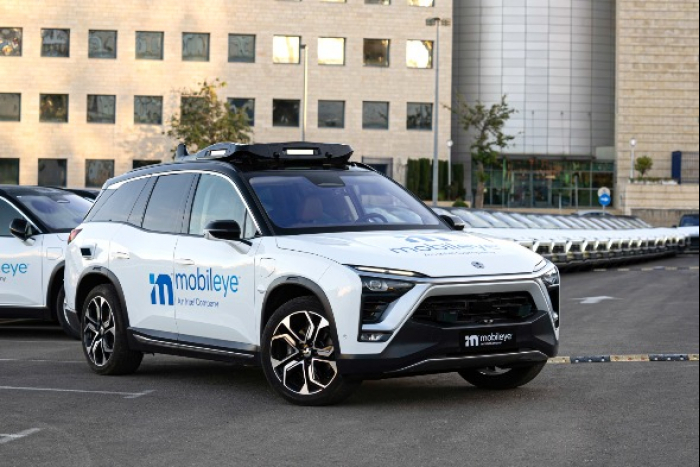
Samsung Electronics Co., the world's largest memory chipmaker, has won a semiconductor production order from Israel-based Mobileye Global Inc., a leading autonomous driving tech developer within Intel Corp.
The South Korean chipmaker's unit Samsung Foundry will manufacture semiconductors for advanced driver assistance systems (ADAS), key devices for self-driving cars, according to sources familiar with the matter on Sunday.
The Israeli fabless will use the chips for some products under its EyeQ 5 model, an automotive-grade system on a chip (SoC) based on 7 to 28 nm processes. Mobileye has commercialized EyeQ1-5 models, which have been applied to global brands such as Volvo, BMW, Tesla, Audi, Nissan and Geely.
Founded in 1999, Mobileye is a global leader in computer vision for autonomous driving technology. Intel bought the firm for $15.3 billion in 2017 and listed it on the Nasdaq last October. Its market cap reaches $33.4 billion.
Mobileye has mainly used chips supplied by Taiwan Semiconductor Manufacturing Company Ltd (TSMC). Chip production for self-driving cars has a high entry barrier as it must pass rigorous tests in extreme environments such as in negative 40 degrees and positive 100 degrees Celsius for safety verification.
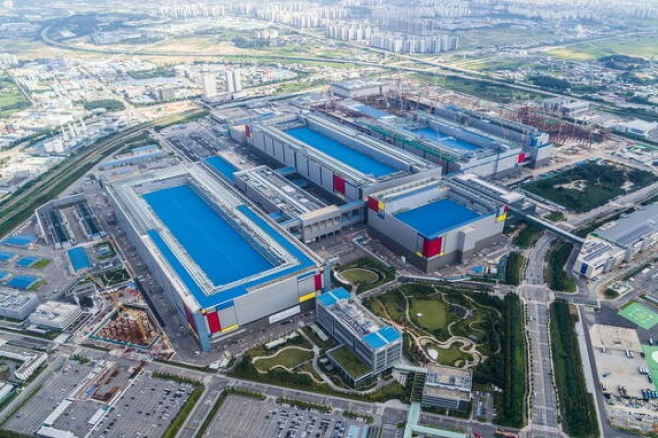
SAMSUNG WIDENS AUTO FOUNDRY CLIENT BASE
Samsung, the world’s largest memory chipmaker, is striving to expand its foundry client base in the auto industry.
The company said in February it has signed a semiconductor supply deal with US chip designer Ambarella Inc. based on the 5 nm process, one of its most advanced technology nodes.
Under the deal, Samsung Foundry will make Ambarella’s automotive artificial intelligence central domain controller, the CV3-AD685. The chip is used for driver monitoring and vehicle control systems based on data input via cameras and radars.
Samsung has been also supplying hardware 3 chips for electric vehicle giant Tesla Inc. since 2019. It signed a deal to manufacture hardware 4 chips for the US electric vehicle giant's full self-driving (FSD) vehicles in 2021.
AUTO CHIPS FOR FUTURE GROWTH
Samsung is set to boost automotive chip production as a future growth engine. The foundry unit will further advance the 5, 8 and 14 nm processes as well as develop the 4 nm process to manufacture cutting-edge chips.
“We are accelerating chip production for autos and sharpening our competitive edge. We will also solidify our leadership in the foundry process and widen our global client base in self-driving cars,” Samsung said in a report last month.
The chipmaker and other local players forecast that the role of high-performance SoCs in the automotive sector will rise from the second half of this year and lead the rebound of the global foundry market.
Write to Jeong-soo Hwang, Ye-Rin Choi and Ik-Hwan Kim at hjs@hankyung.com
Jihyun Kim edited this article.
More To Read
-
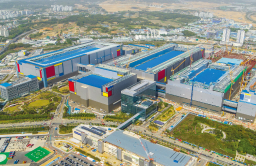 Korean chipmakersTSMC-Nvidia alliance step up 2 nm chip rivalry with Samsung
Korean chipmakersTSMC-Nvidia alliance step up 2 nm chip rivalry with SamsungMar 29, 2023 (Gmt+09:00)
-
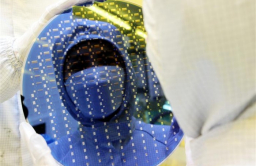 Korean chipmakersSamsung, SK Hynix asked to swallow tough pill over US CHIPS Act
Korean chipmakersSamsung, SK Hynix asked to swallow tough pill over US CHIPS ActMar 28, 2023 (Gmt+09:00)
-
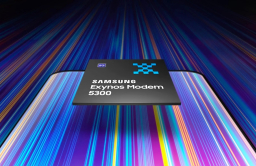 Korean chipmakersSamsung unveils Exynos Modem 5300 to rival Qualcomm, MediaTek
Korean chipmakersSamsung unveils Exynos Modem 5300 to rival Qualcomm, MediaTekMar 28, 2023 (Gmt+09:00)
-
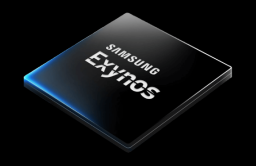 Korean chipmakersSamsung’s new Exynos chipset enables short-range wireless connectivity
Korean chipmakersSamsung’s new Exynos chipset enables short-range wireless connectivityMar 21, 2023 (Gmt+09:00)


